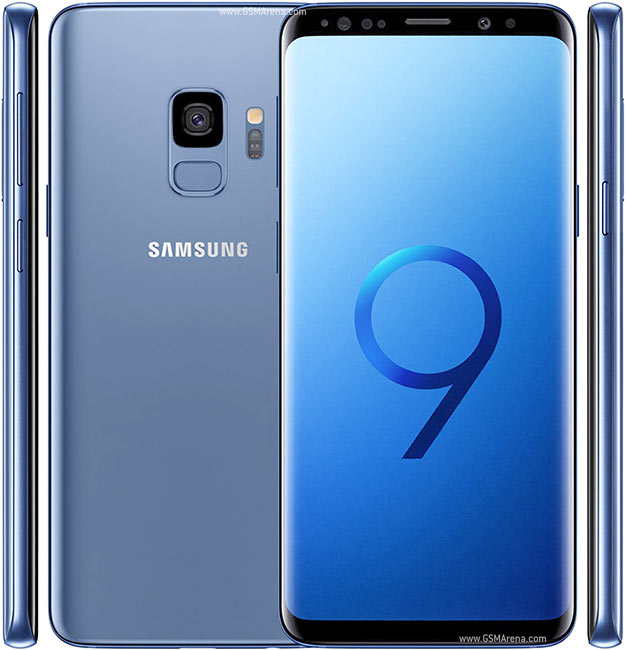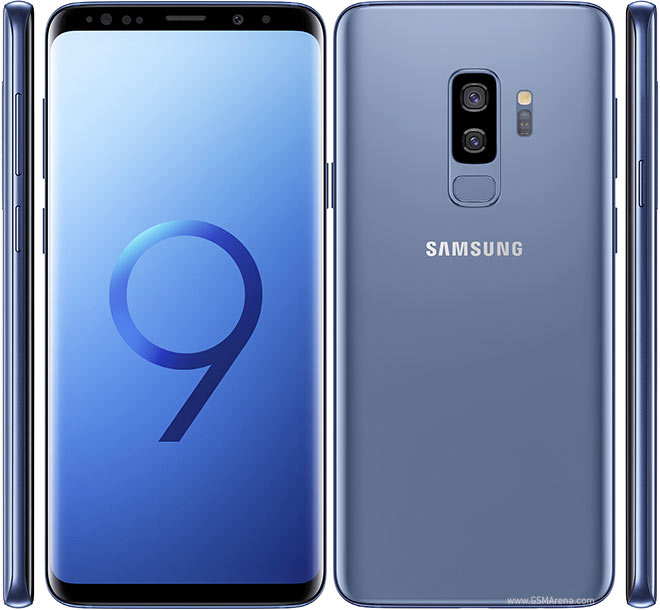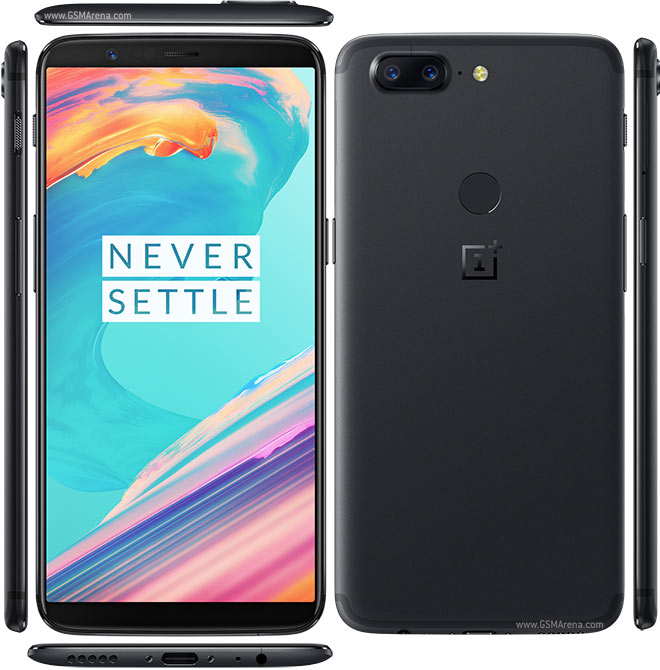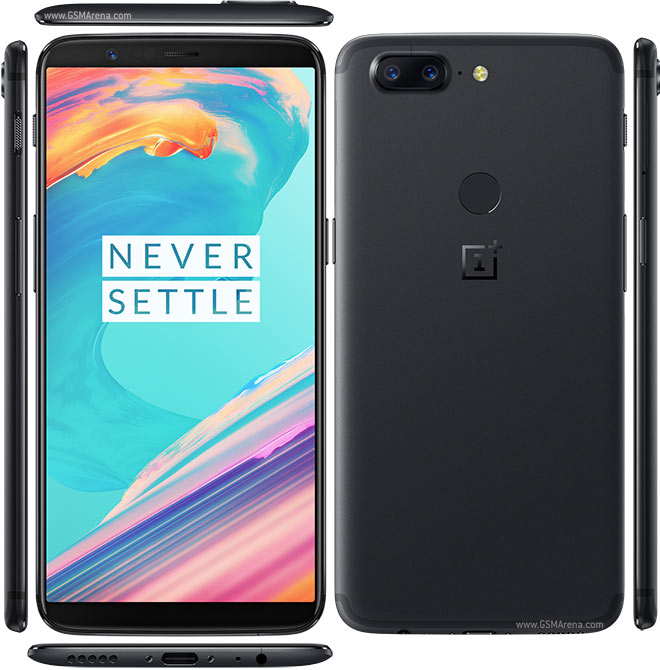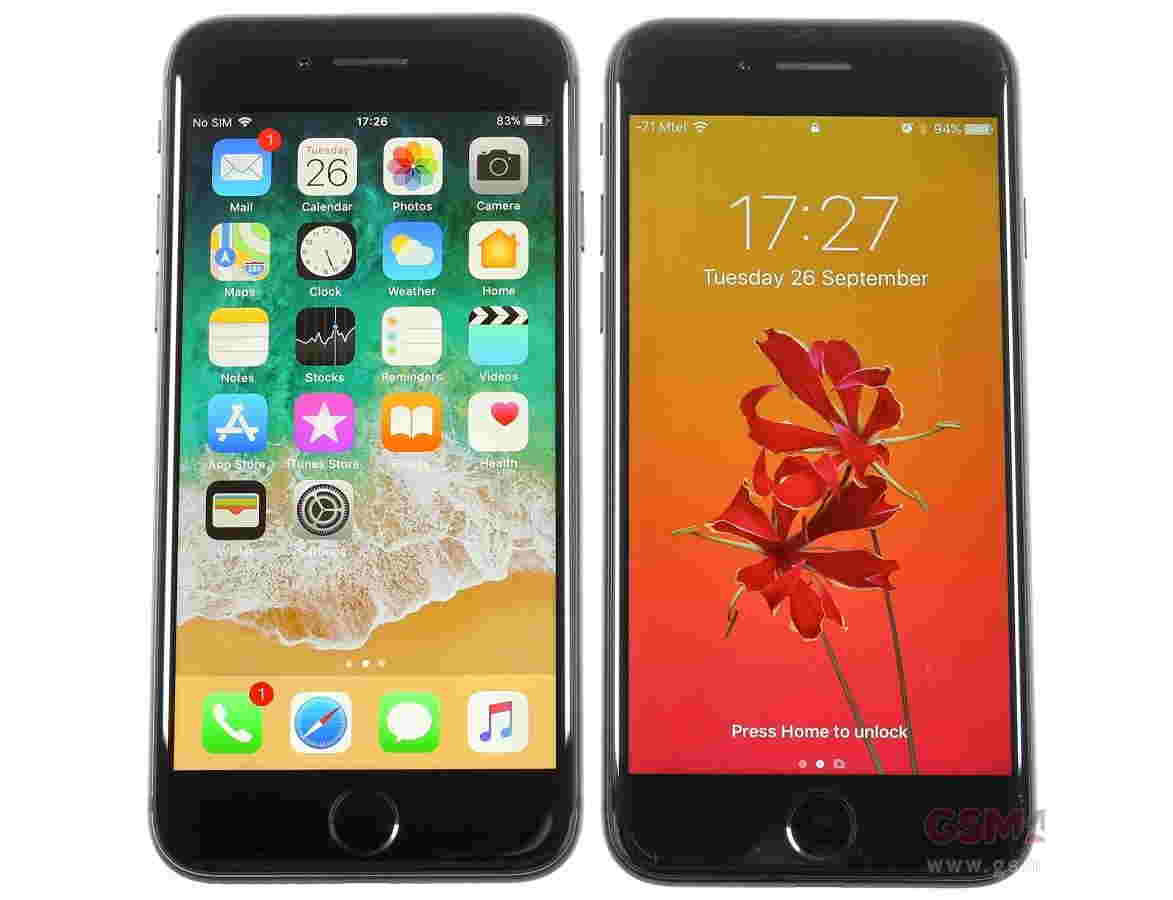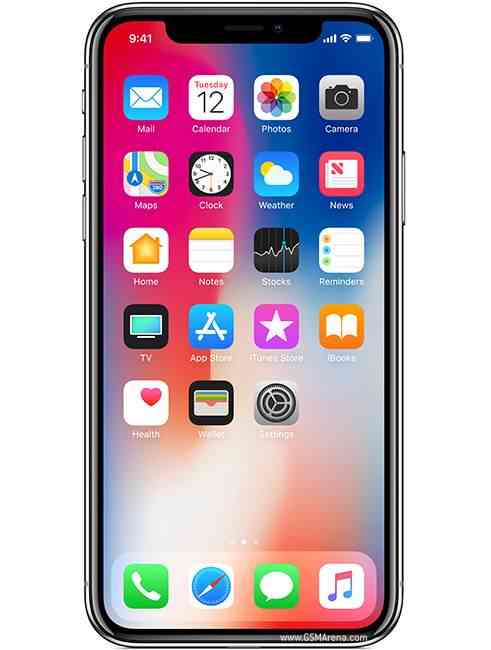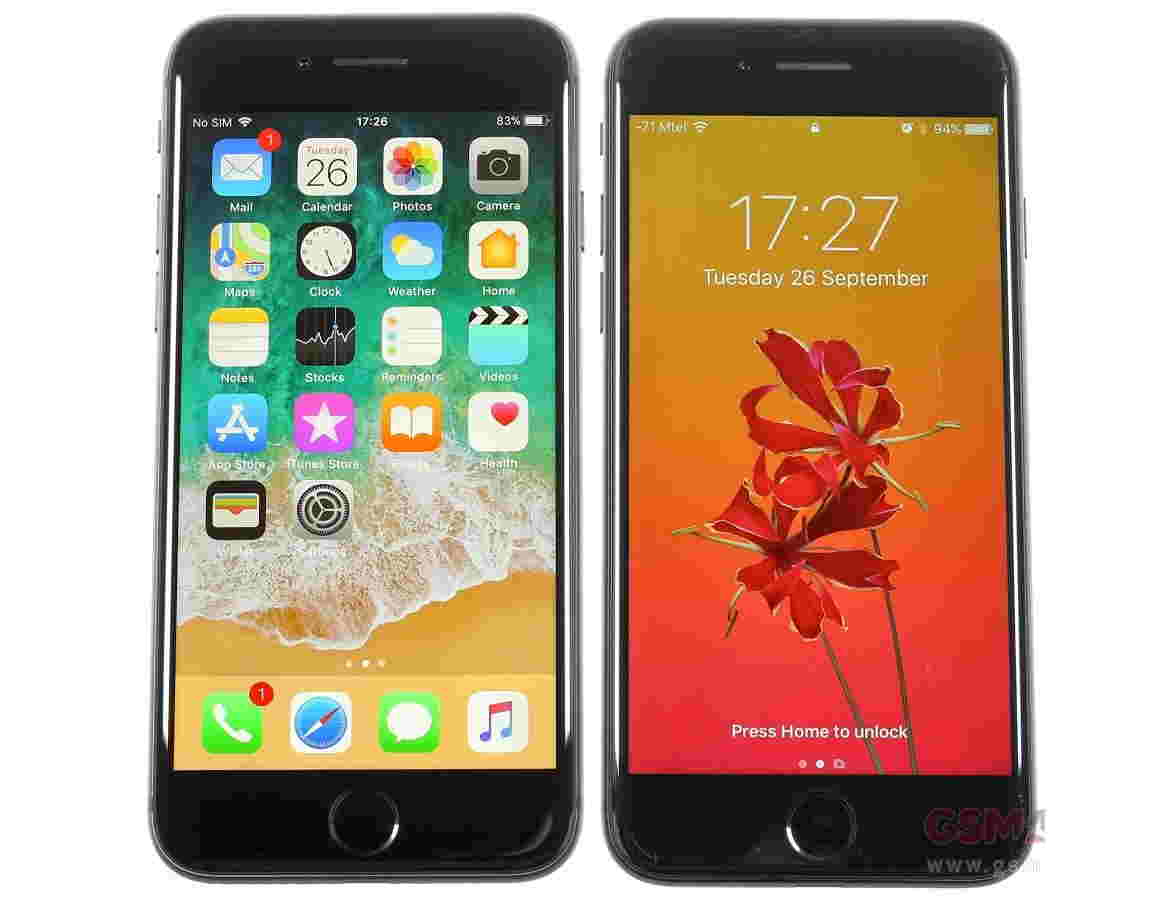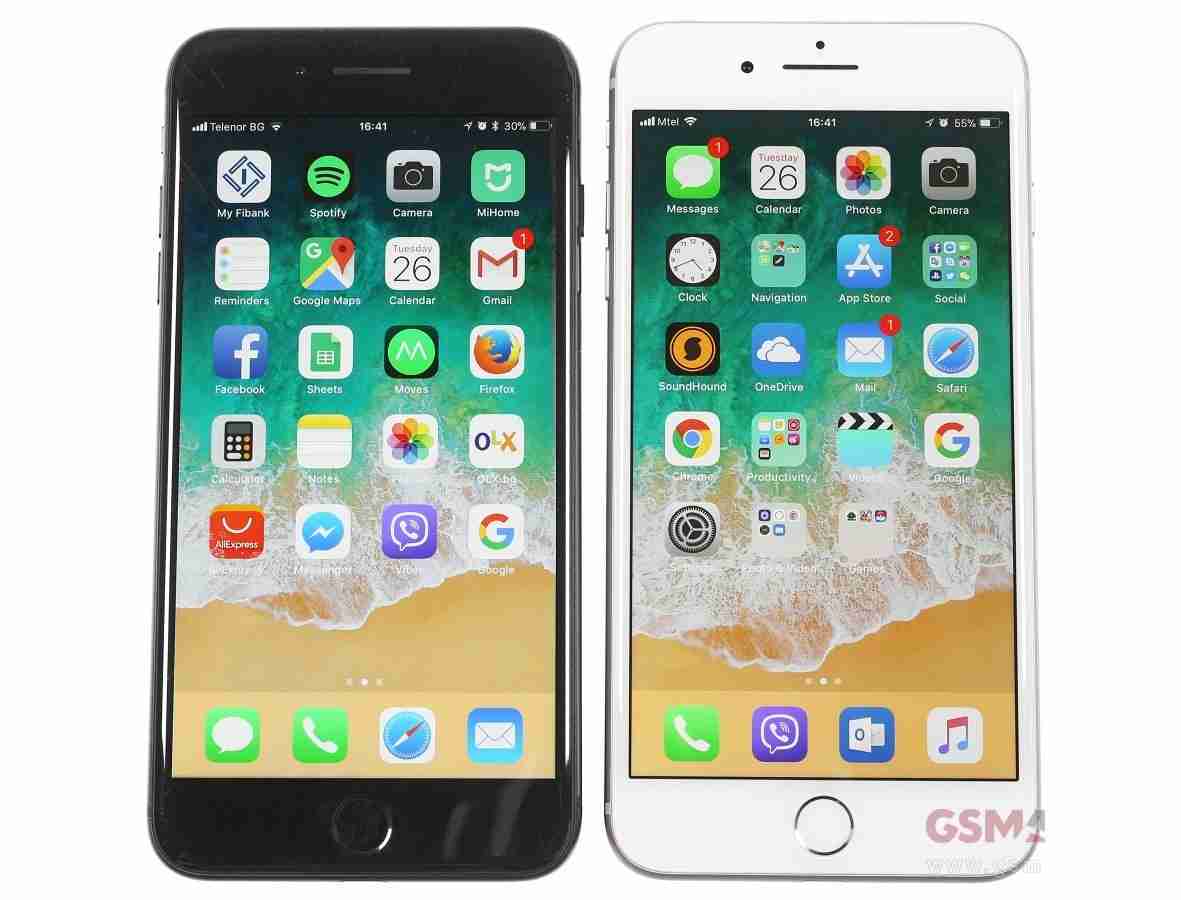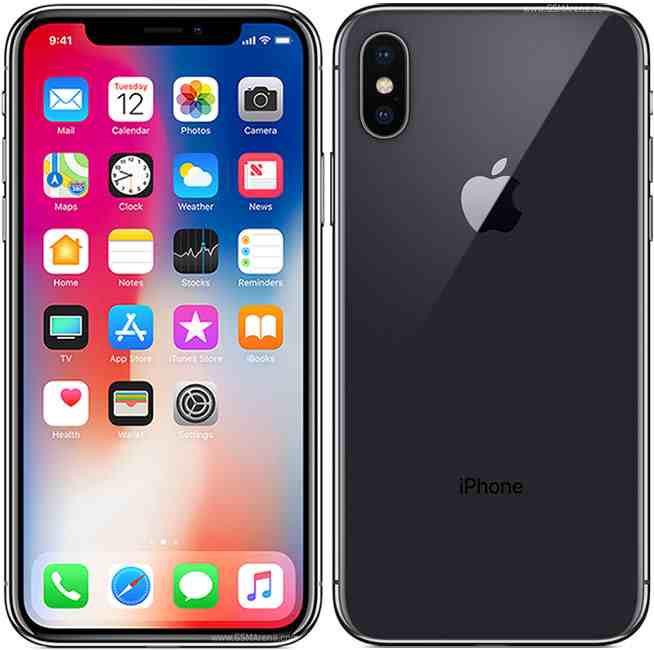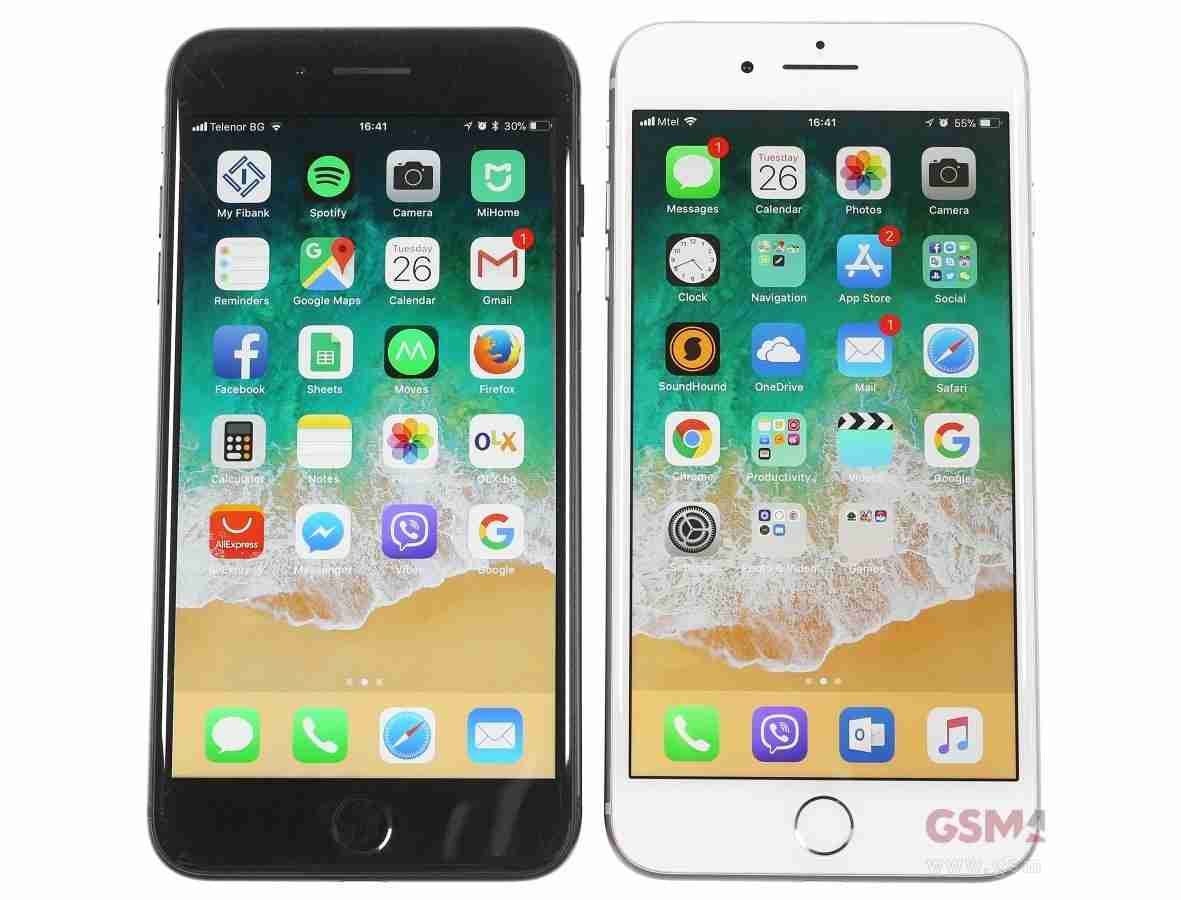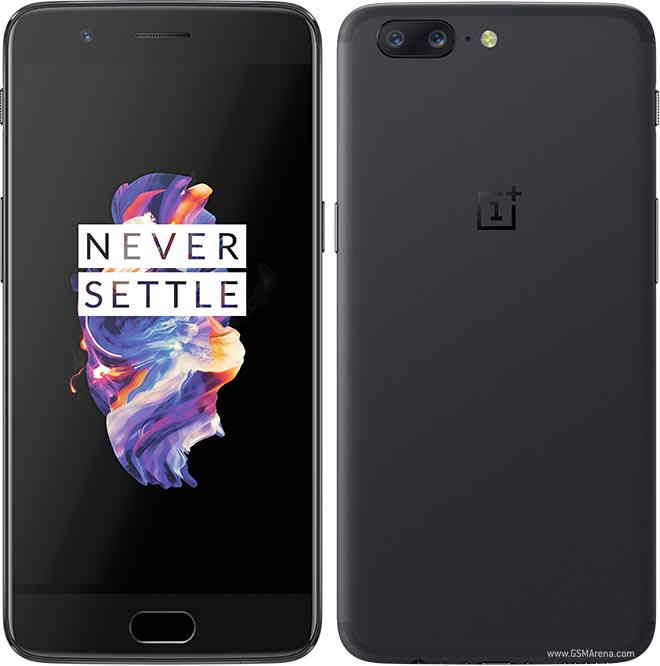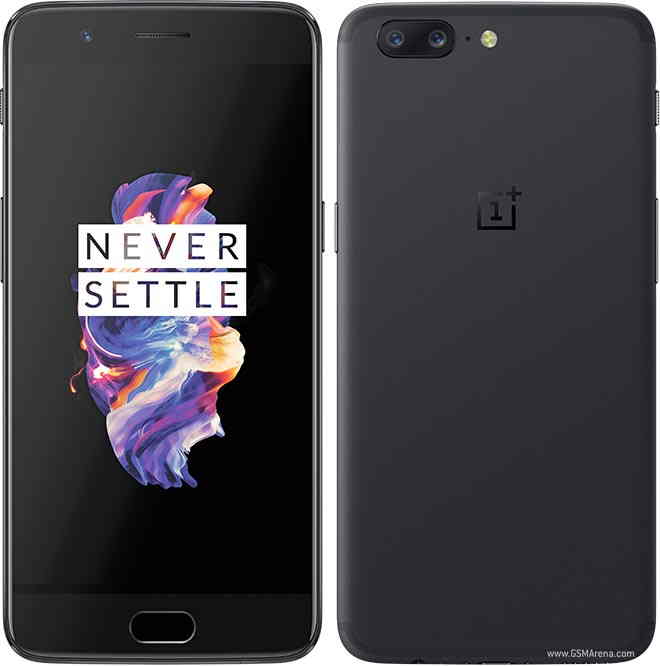
Introduction and the DatenKraken
Data makes the internet go round. It fuels the digital advertising industry, which in turn supplies free content and services – but only if you allow your personal details to be 'harvested'. Some folks mind, some don't, but make no mistake, this is happening.
"Apps on our phones and tablets share data with advertisers, many legitimately by disclosing their data collection practices in line with legislation and industry best-practice," says Danvers Baillieu, COO at VPN company Hide My Ass. "However, giving out personal data should be a choice and not an obligation, and consumers shouldn't be duped into handing it over by free services simply because they are free."

Who actually cares about personal data?
It's a classic Millennials versus The Rest issue. According to research by mobile analytics and device detection firm Netbiscuits called 'The People's Web', privacy is a consideration that diminishes over generations, with 61% of 18-24 year olds allowing third parties to track and cache data, compared to just 36% of 55-64 year olds. As many as 71% of 18-24 year olds are willing to give up location data in exchange for additional services.
"While there is much media hype around privacy and protection, it was clear in the survey results that the emerging millennials generation are rapidly moving away from their elders in their views on sharing personal information when value of content is available," says Daniel Weisbeck, CEO, Netbiscuits.
It's also a geographical issue, with mobile web users in the UK less sensitive to sharing information than elsewhere. Just 34% in the UK would abandon a site if they're asked to share their location, compared with 45% in Germany.

Is personal data really being harvested?
Oh yes. "Data makes the world go round, not money," says Rafael Laguna, CEO of open source web-based software company Open-Xchange. One example is a new breed of company that specialises in turning consumers into their best-selling products.
"In Germany, we call these companies the DatenKraken – the harvesting of personal data with the aim of generating more and more revenue," says Laguna. "For companies like these, their actual customers are not the individuals who use their services every day, but the advertisers who use the insight that's extracted from analysis of the data that individual users carelessly generate and give away to sell."
Now that just doesn't seem fair.
Does it matter if we give away our personal data?
Perhaps not to everyone, but it is getting worse. "The increase of content being created, shared and published is driving all new service models to monetise how people freely share information across the internet," says Laguna. "Why should we sit back and allow our content to be used and abused by the likes of Facebook all for the benefit of its shareholders?"

How can we stop the DatenKraken?
Easy – we put internet users in control of their own personal data. "The way to reclaim our data, salvage the internet and stop the development of an Orwellian nightmare is to turn the tables on the DatenKraken," says Laguna, "and be given the option to sell our own personal data to them for a fair price. He who pays the piper calls the tune."
This comes alongside a wish for a free and open internet where the storage, manipulation, sharing and deletion of personal data is solely up to each of us.
Do people mind surrendering data if they know that it's happening?
Apparently not. Research entitled 'Privacy vs Personalisation' by customer identity management platform Gigya found that consumers are willing to share personal data provided the process is convenient and transparent.
"Personalisation depends on access to high quality and authentic data about customers," says Patrick Salyer, CEO at Gigya. "Our study shows that if you ask customers for permission to use their data and explain what you are going to collect and why, you will learn more and establish a foundation of loyalty and trust. Organisations must reject the outdated – and, quite frankly, careless – notion of asking as many questions and collecting as much data as possible, then sorting through it later."
Put simply, when a website selling you a garden hose asks for your date of birth or occupation, you're going to trust them less. "Customers always have the right to ask, 'Why do you want to know that?' The more times they have to ask that question, the less likely you are to earn their patronage," says Salyer.
The price of data
How much is personal data worth?
Exactly £269 (around $420, AU$510) per household in the UK according to online advertising platform Sizmek. "Advertising facilitates a free internet," says Ben Walmsley, UK Managing Director at Sizmek. "If all advertising was removed and there was a way to distribute money to publishers in its place, it would equate to a bill of £269 per household in the UK, creating a situation of unequal access."
Sizmek is one of the supporters of The Data Deal, a new report from the Internet Advertising Bureau (IAB) that claims that digital advertising directly and indirectly benefits UK citizens.
Guy Phillipson, CEO at the IAB UK, thinks it's all about trust and innovation. "In order for industry to continue to thrive, we need the trust of consumers," he writes in the report's foreword. "Trust is a delicate thing [and] that is why the IAB and its member businesses invest in giving consumers more transparency and control over their advertising data."
Are we all to blame for the abuse of personal data?
In some ways, yes – for a better online experience a lot of us appear to be happy to trade in our personal data.
"Businesses that provide online services today understand that customers are unforgiving, and demand the most frictionless experience possible, where they can select, purchase, and consume or use content the fastest route possible," says Michael Ni, Chief Marketing Officer at ecommerce tech company Avangate.
He references time-vampires like irrelevant, interruptive adverts and paywalls, all of which are collectively frowned upon by the increasingly large online community. "Consumers have already proven that they are ready to exchange personal information for value, whether for social media, services such as those provided by mobile apps, or content," adds Ni.

Could the personal data market actually be a good thing?
"The exchange of data for a better service between consumer and business is a win-win situation," thinks Ni. "Customer experience is the basis of the mobile web and if the service is delivered right – like what Uber and Airbnb have achieved in the taxi and hotel industries – web innovations cause big disruption to legacy industries."
Avangate's own research suggests that mobile commerce hasn't really got going yet, with 48% of internet users yet to pay for a service on their smartphones. So the future could see a raft of new business models that could well include the use of personal data.
However, not everyone agrees. "If personal data is currency for a free internet, consumers have had little option but to close their eyes and open their wallets, as data brokers and others exploit their position in the data ecosystem," says StJohn Deakins, Founder and CEO of Citizenme, a 'personal identity management service'.
The Citizenme iOS app shows what data is already available about you on the internet, along with settings to make changes.
"The data they see using Citizenme remains on the device and is seen only by them unless they decide to explicitly share it in some way," says Deakins, adding that users can even turn off anonymised statistics tracking on the app. "In terms of trust, this allows us to break out of the old pattern of consumers entrusting their data with some stakeholder who then, by virtue of their Terms of Service agreement, has the legal right to harvest and sell that data," says Deakins.
"We think that's fundamentally wrong … by putting consumers back in control of their own data, they become the most important stakeholder – the one with the control. They finally have a choice to participate in the commercial transaction of their data if they wish. It's a very significant power shift."




